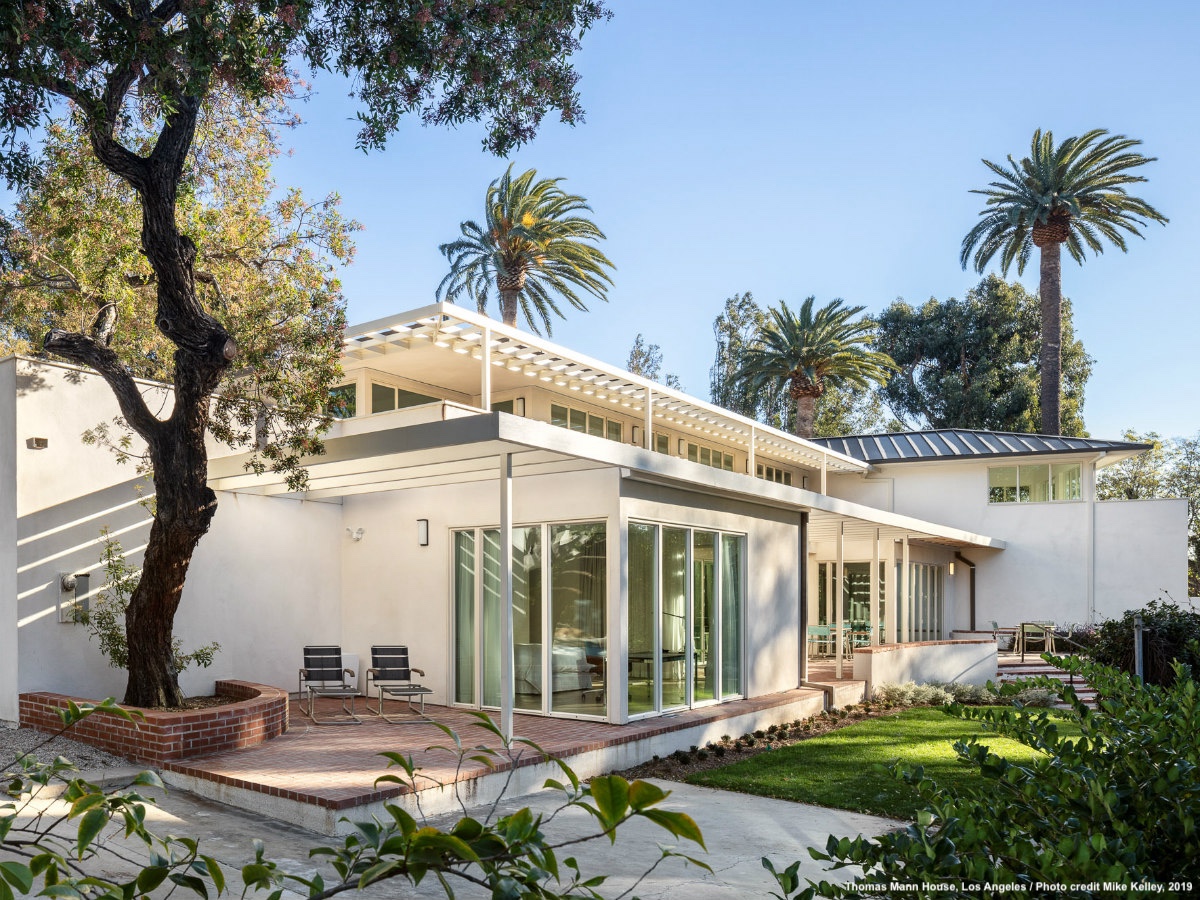Democracy and Aspiration
Article one of Alexander Görlach's new column, part of our ongoing series "Let's Talk Democracy", explores Democracy and Aspiration.

To speak about democracy is not necessarily to discuss whether a presidential or a parliamentary system is the better one, or whether to vote for your legislators every four or five years. It is rather a conversation about the values underlining and guiding a democratic society. These values are the goals of a democracy at the same time and, as such, they are never fully achieved. This is true for every democracy, but probably the most visible in American democracy.
This is, for one part, because American democracy is regarded as the origin and model of modern democracy. At the dawn of modernity, in the 16th century, the philosophical idea of the free self became politically imminent, and all eyes rested on the British break-away colonies. Would this new republic indeed aspire to become a beacon of freedom, leaving behind the yoke of the throne and altar?
The founding documents of the United States of America gave hope to believe so. The Declaration of Independence in fact speaks of everyone’s unalienable rights, “Life, Liberty, and the pursuit of Happiness”. Today, when we read the text, many, if not all, of the readers do assume that the solemn “all men are created equal”, does indeed encompass all people, everyone. Yet, in reality, the founders of these 13 states meant all white men. The newly founded republic did exclude women from public office and participation in public life as much as it did continue to adhere to the fatal concept of racial hierarchies in the world that it passed on from the British colonial ideology.
One can read the history of democracy in the United States of America as the story of making up for, coming to terms with, and finally overcoming the wrongs and ill-conceptions of that time. From the Emancipation Proclamation in 1863 and the Civil Rights Act one hundred years later, to the 19th Amendment of the Constitution that granted women the right to vote in 1920 and the Supreme Court decision to rule same-sex-marriages as constitutional in 2015, these moments became landmarks that highlight the aspirations that truly live in the American democratic project. None of these achievements came without a fight but, eventually, they broke through.
And yet, despite all the successes, American democracy remains flawed: racial inequalities still exist, structurally and more than visible in police brutality. Misogyny is still widely spread and evident in the pay gap that persists between the genders. Aggression and violence against transgender people is increasing, spurned by a far right that views everything out of their norm as an insult.
Democracy in the U.S. and elsewhere is under threat from within, from anti-liberal forces which define democracy as the rule of a majority over a minority. A liberal democracy, however, doesn’t emphasize majority by ethnicity, religion, gender, or language, but guarantees equality of all citizens. Democracy also doesn’t harbor feelings of national or even racial superiority over the inhabitants of other countries.
Autocratic rulers that ascended to power in democracies claim an illiberal democracy to be an equally acceptable version of democracy. They do so by, amongst other measures, curtailing media freedom, tampering with the independent judiciary and hindering the exercise of the right to vote. These are all clear indicators that those self-proclaimed “strong men” have not the welfare of democracy at heart. A democracy is a liberal democracy, or it isn’t a democracy at all.
Democracy is under threat from outside, too. There are leaders of dictatorships, such as China and Russia, who claim that liberal democracy has seen its heyday and is headed for decline. Vladimir Putin and Xi Jinping both vowed to revive the idea of empire and colonialism. Because they advance with their belligerence and ethno-nationalist rhetoric, democratic nations need to address their colonial and imperial past whose shadow is still cast over many nations that were once subjugated by European powers.
When it comes to this dark inheritance of colonialism and imperialism, all democracies in the Western hemisphere must come to terms with the ills of their past and seek reconciliation with the formerly subjugated people and the indigenous peoples on whose land they settled, and whom they forced to live an alienated life far away from their ancestral land.
Democracy, however, has the capacity to do so. The founding documents in the United States and France, its iterations after World War II, and the founding of the United Nations, all show that change is possible if it is really aspired by people who seek a life of liberty and prosperity.
The values of democracy as explored in this column guide the way in that process.
Posted in
Partners
.png)




.jpg)
